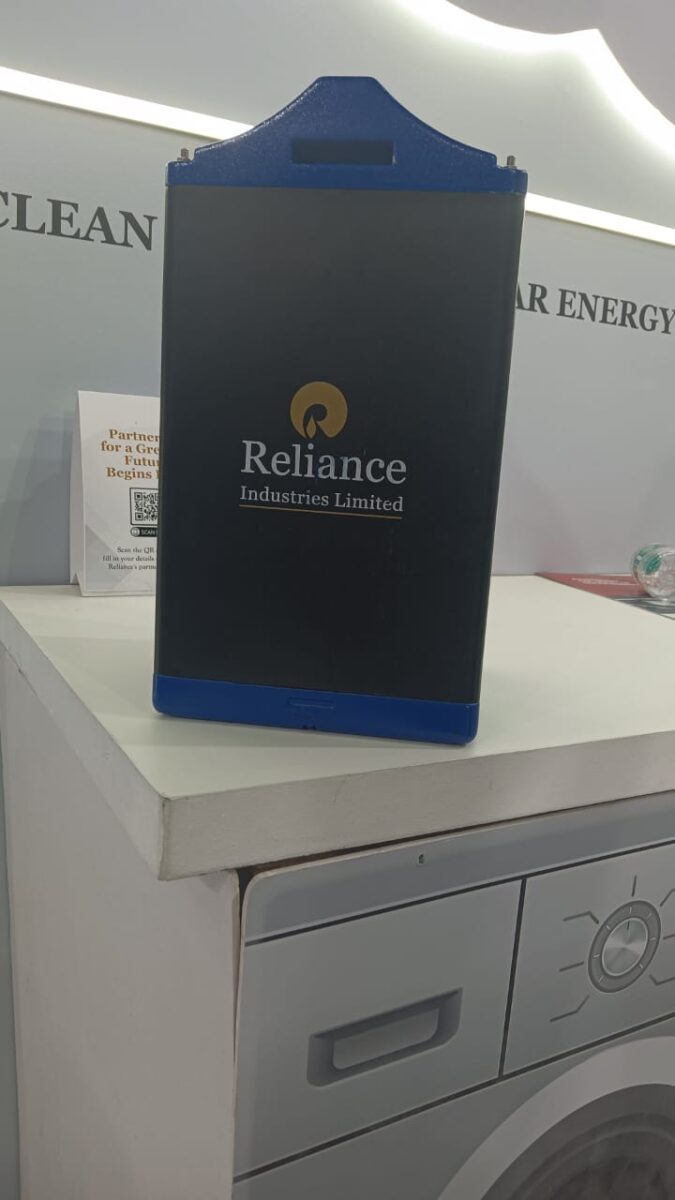The Ministry of Heavy Industries (MHI), Government of India, has signed a programme agreement with Reliance New Energy Battery Ltd, an arm of Reliance Industries Ltd, under the Production Linked Incentive (PLI) Scheme for Advanced Chemistry Cell (ACC). This agreement awards Reliance New Energy Battery Limited a 10 GWh ACC capacity following a competitive global tender process and makes it eligible to receive incentives under the INR 18,100-crore PLI ACC scheme.
The PLI Scheme for ACC battery storage was approved by the Cabinet in May 2021 with a total outlay of INR 18,100 crore to achieve a total manufacturing capacity of 50 GWh. With this signing, a cumulative capacity of 40 GWh has been awarded to four selected beneficiary firms. In the first round of bidding conducted in March 2022, three beneficiary firms were allocated a total capacity of 30 GWh, and the Programme Agreements for that round were signed in July 2022.
The PLI ACC Scheme is designed to boost local value addition while ensuring that the cost of battery manufacturing in India remains globally competitive. The scheme allows the beneficiary firm the flexibility to adopt the most suitable technology and associated inputs for establishing state-of-the-art ACC manufacturing facilities, thereby supporting mainly the EV and renewable energy storage sectors.
In tandem with the PLI ACC scheme, the Union Budget for FY2025-26 introduced several measures aimed at accelerating domestic battery manufacturing and supporting the growth of the e-mobility ecosystem in the country. The Budget exempted 35 additional capital goods for EV battery manufacturing from basic customs duty (BCD), a targeted initiative designed to boost the production of lithium-ion batteries within India.
This content is protected by copyright and may not be reused. If you want to cooperate with us and would like to reuse some of our content, please contact: editors@pv-magazine.com.









1 comment
By submitting this form you agree to pv magazine using your data for the purposes of publishing your comment.
Your personal data will only be disclosed or otherwise transmitted to third parties for the purposes of spam filtering or if this is necessary for technical maintenance of the website. Any other transfer to third parties will not take place unless this is justified on the basis of applicable data protection regulations or if pv magazine is legally obliged to do so.
You may revoke this consent at any time with effect for the future, in which case your personal data will be deleted immediately. Otherwise, your data will be deleted if pv magazine has processed your request or the purpose of data storage is fulfilled.
Further information on data privacy can be found in our Data Protection Policy.